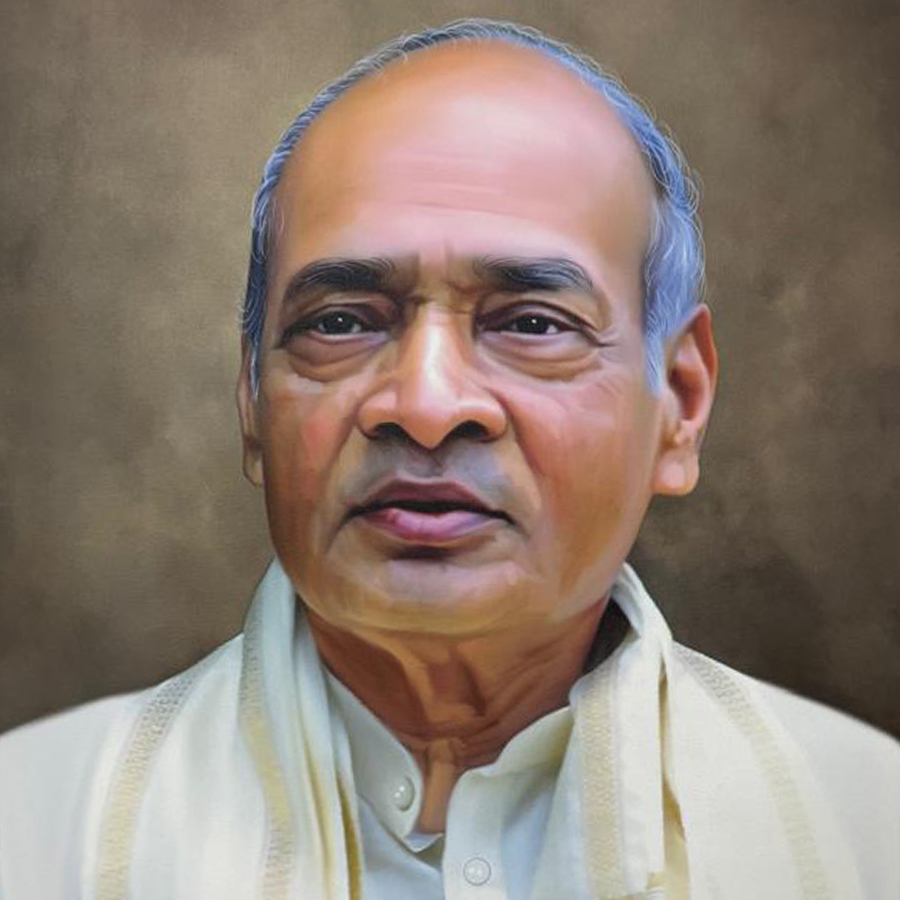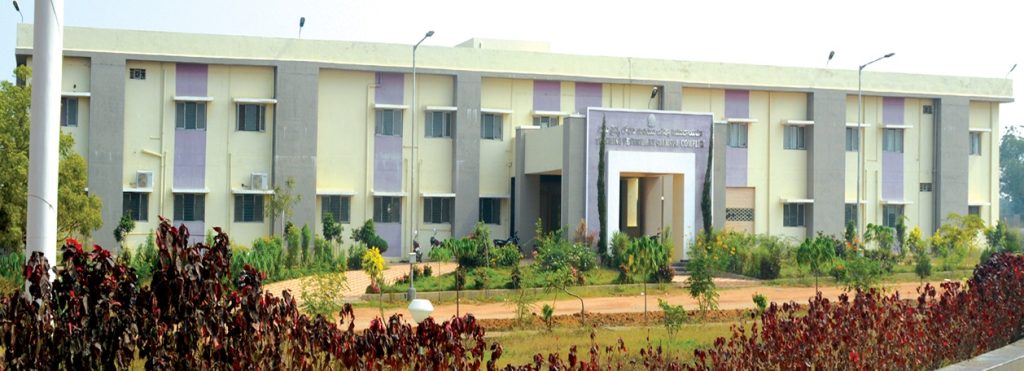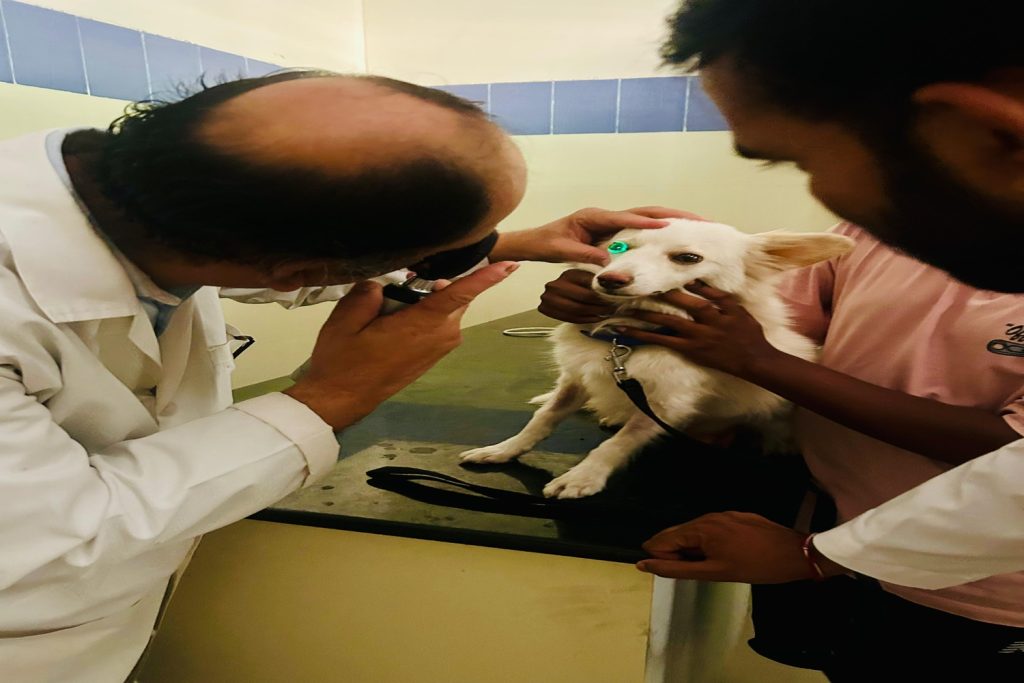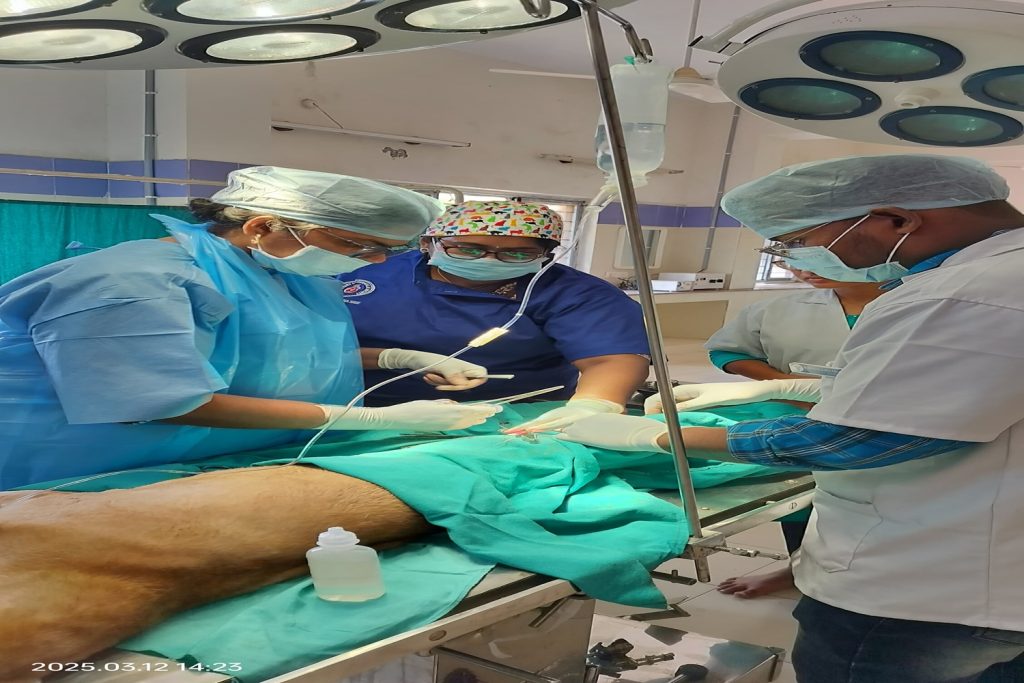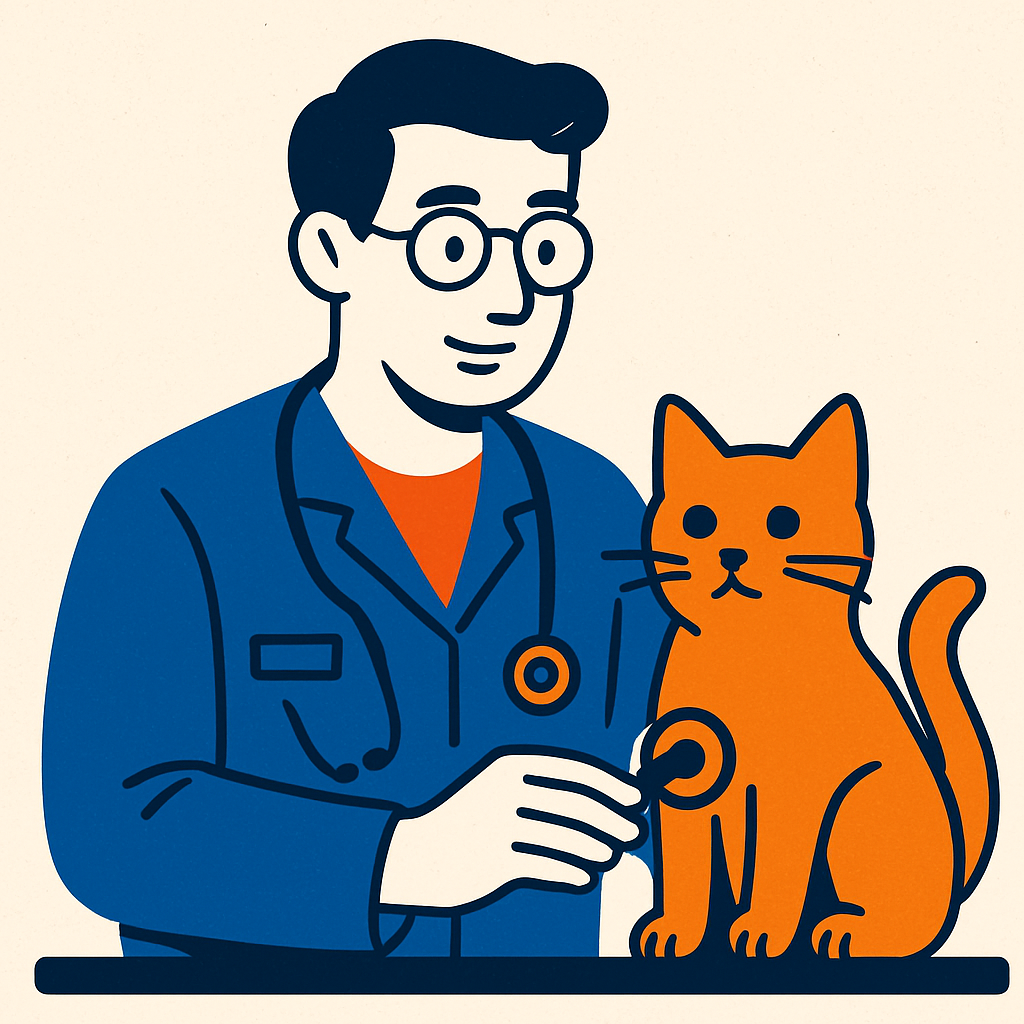
Veterinary Clinical Complex, Korutla
Home > Veterinary Clinical Complex, Korutla
VETERINARY CLINICAL COMPLEX, C.V.Sc., KORUTLA, PVNRTGVU.
Department of Veterinary Clinical Complex in College of Veterinary Science, Korutla started functioning from 13/02/2014 to provide healthcare and treatment services to the livestock and pet owners on working days and all public holidays which include Bovines (Cattle & Buffaloes), Sheep & Goats, Poultry, Swine, Dogs, Cats, Rabbits, Others, etc.
The Department is conducting the B.V.Sc. & A.H academic courses of Veterinary Clinical Practice- I (0+1) credit for Third and Veterinary Clinical Practice- II (0+6) credits for Fourth Professional Years, respectively and Internship Training Programme of Final B.V.Sc. & A.H students of this and other Colleges of PVNRTGVU and also ‘Internee’ students deputed from other State Colleges/ Universities under VCI New Regulations.
Staff Position in Veterinary Clinical Complex, C.V.Sc., Korutla.
The following Teaching staff are presently working in the Veterinary Clinical Complex, C.V.Sc., Korutla.
- Professor (Veterinary Medicine)
- Assistant Professor (Veterinary Medicine)
- Assistant Professor (Veterinary Gynaecology & Obstetrics)
- Assistant Professor (Veterinary Pathology) (Veterinary Laboratory Diagnostics).
Objectives in Veterinary Clinical Complex (VCC).
- To promote professional skills and knowledge of Under-graduate students through meaningful hands on experience.
- To build confidence and develop analytical and clinical skills to treat various species of animals.
- To acquire expertise in newer specialties of clinical sciences.
- To acquire entrepreneurial/ enterprise management capabilities.
- To design and undertake project works in Clinical Sciences.
Focus: Develop practical skills in diagnosing, treating, and managing common livestock and pet/ companion animal diseases in a real-world setting.
Activities:
- Observe and participate in routine clinical practices (e.g., animal handling, weighing, history taking, clinical examination).
- Learn to identify signs and symptoms of common diseases/ disorders.
- Practice basic clinical/ diagnostic techniques (e.g., palpation, temperature taking, auscultation). Administer medications and treatments, Practice surgical skills and attend to emergencies, Learn about disease prevention and control measures (e.g., sanitation, prevention, biosecurity)
Expected Outcome: Students gain hands-on experience and practical skills in managing livestock and pet/ companion animal diseases/ conditions, enhancing their ability to contribute to farm/ pet healthcare and productivity.

